insulation between garage and house
lkgarn
13 years ago
Featured Answer
Sort by:Oldest
Comments (29)
worthy
13 years agobrickeyee
13 years agoRelated Professionals
Ferry Pass Architects & Building Designers · Universal City Architects & Building Designers · Wauconda Architects & Building Designers · Four Corners Home Builders · Takoma Park Home Builders · Dallas General Contractors · DeSoto General Contractors · Elgin General Contractors · ‘Ewa Beach General Contractors · Fort Salonga General Contractors · Glenn Dale General Contractors · Goldenrod General Contractors · Medford General Contractors · Mount Vernon General Contractors · River Forest General Contractorsmetaxa
13 years agosue36
13 years agomacv
13 years agoworthy
13 years agometaxa
13 years agolkgarn
13 years agomacv
13 years agometaxa
13 years agomacv
13 years agometaxa
13 years agomacv
13 years agomacv
13 years agobrickeyee
13 years agoworthy
13 years agometaxa
13 years agometaxa
13 years agoworthy
13 years agomacv
13 years agomacv
13 years agometaxa
13 years agomacv
13 years agomacv
13 years agoworthy
13 years agomacv
13 years agoworthy
13 years agomacv
13 years ago
Related Stories
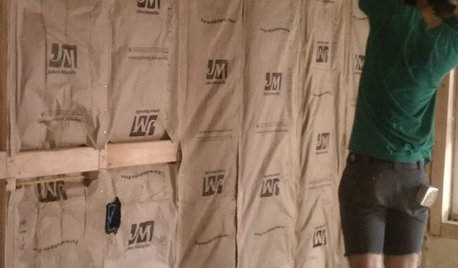
REMODELING GUIDESCool Your House (and Costs) With the Right Insulation
Insulation offers one of the best paybacks on your investment in your house. Here are some types to discuss with your contractor
Full Story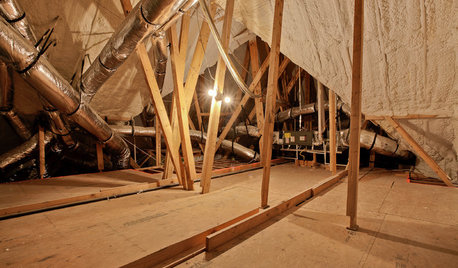
GREEN BUILDINGEcofriendly Cool: Insulate With Wool, Cork, Old Denim and More
Learn about the pros and cons of healthier alternatives to fiberglass and foam, and when to consider an insulation switch
Full Story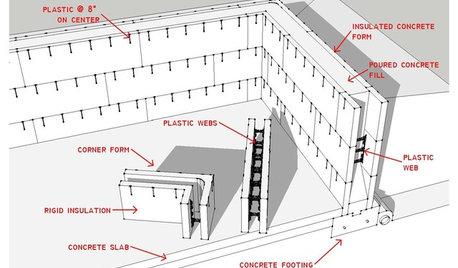
KNOW YOUR HOUSEKnow Your House: The Basics of Insulated Concrete Form Construction
Get peace and quiet inside and energy efficiency all around with this heavy-duty alternative to wood-frame construction
Full Story
MATERIALSInsulation Basics: What to Know About Spray Foam
Learn what exactly spray foam is, the pros and cons of using it and why you shouldn’t mess around with installation
Full Story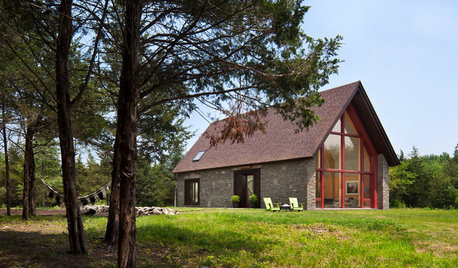
GREEN BUILDINGInsulation Basics: Designing for Temperature Extremes in Any Season
Stay comfy during unpredictable weather — and prevent unexpected bills — by efficiently insulating and shading your home
Full Story
GREEN BUILDINGInsulation Basics: Heat, R-Value and the Building Envelope
Learn how heat moves through a home and the materials that can stop it, to make sure your insulation is as effective as you think
Full Story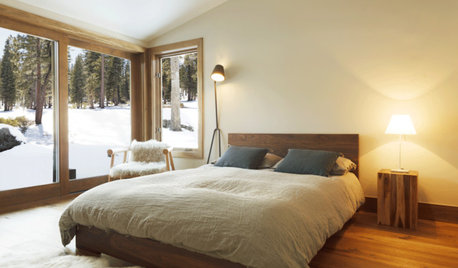
WINDOW TREATMENTSEasy Green: 9 Low-Cost Ways to Insulate Windows and Doors
Block drafts to boost both warmth and energy savings with these inexpensive but effective insulating strategies
Full Story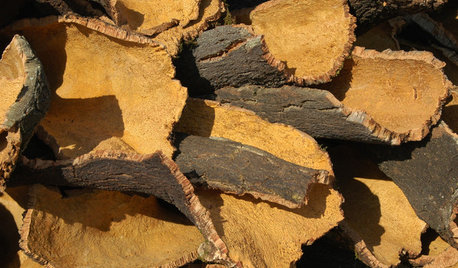
GREEN BUILDINGInsulation Basics: Natural and Recycled Materials
Consider sheep’s wool, denim, cork, cellulose and more for an ecofriendly insulation choice
Full Story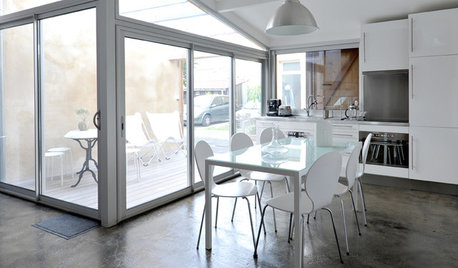
MORE ROOMSMore Living Space: Converting a Garage
5 things to consider when creating new living space in the garage
Full Story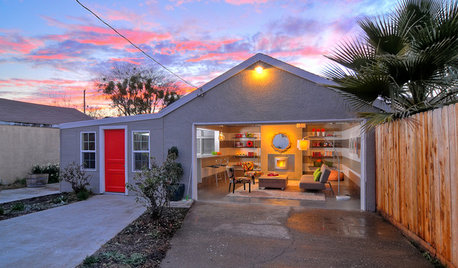
MORE ROOMSBehind a Garage Door, a Family Fun Room
Designer Kerrie Kelly's secrets to this low-budget garage makeover: a soothing palette, horizontal stripes and dashes of color
Full Story







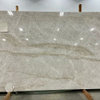
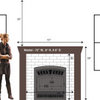

macv